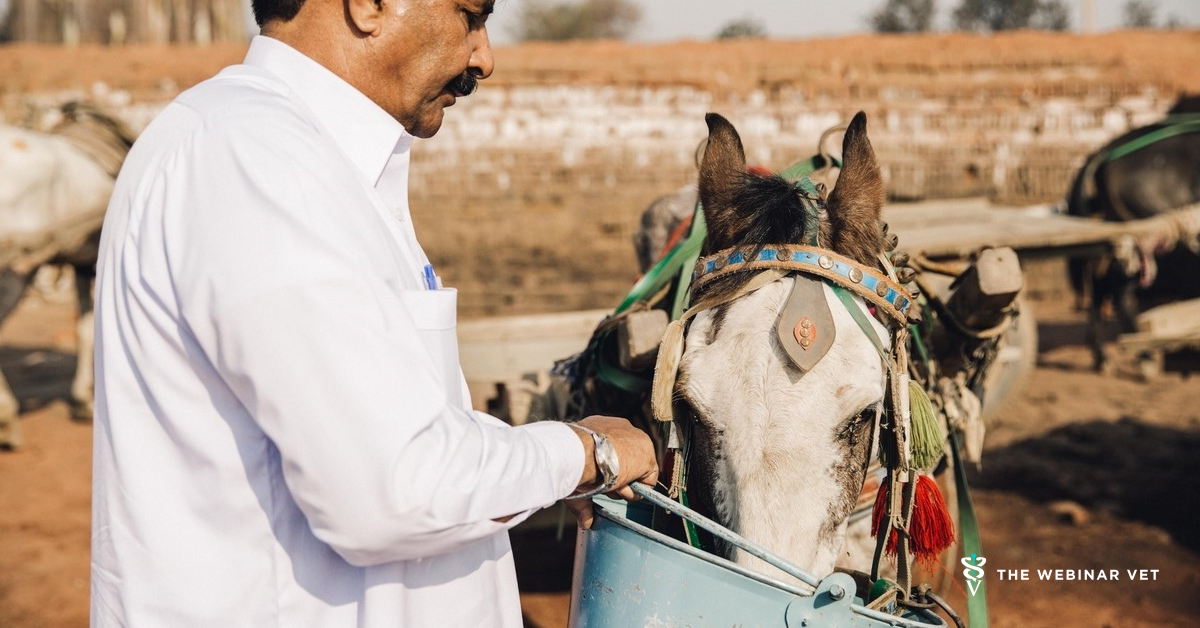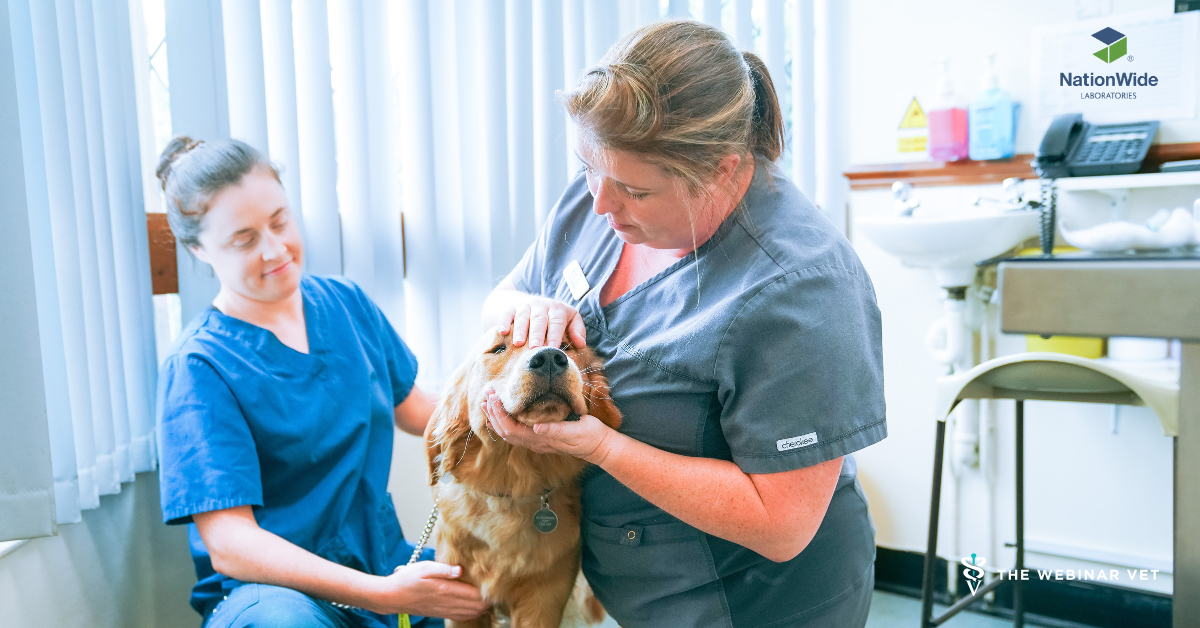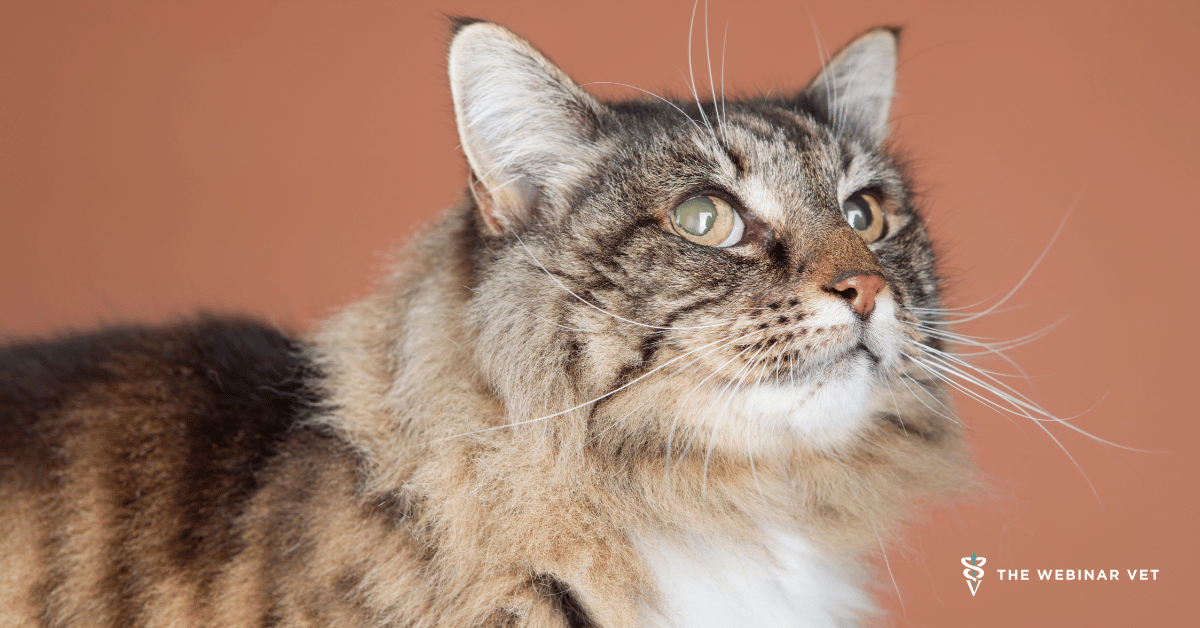Brooke supporting equine vets in low-resource settings at conference
Working animal charity Brooke will showcase its free learning resource for equine vets in low-resource settings, at the British Equine Veterinary Association (BEVA) Congress in Birmingham this autumn. Between 10-13 September 2025, Brooke will highlight The Academy for Working Equids (AWE).







.png)




